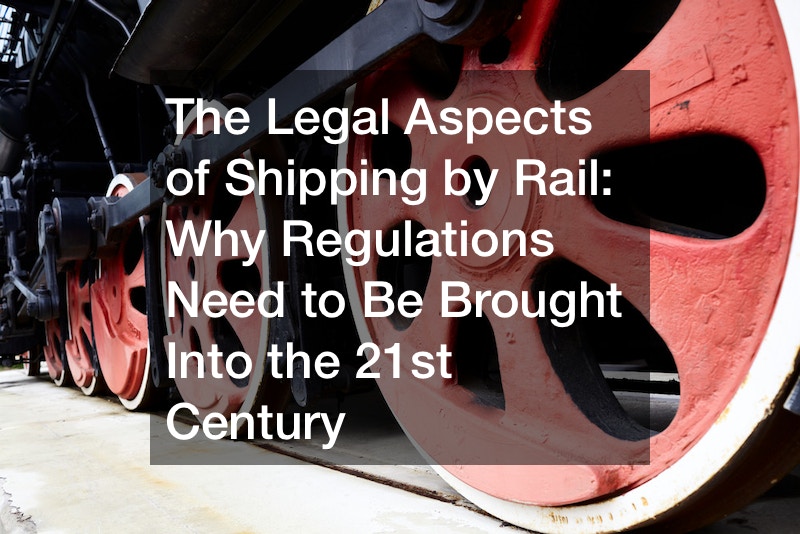
https://whatislegaladvice.com/2022/12/03/the-legal-aspects-of-shipping-by-rail-why-regulations-need-to-be-brought-into-the-21st-century/
typically used for transporting corn, sugar, and other grains; fertilizer, coaland metal salt, ores and sand. Tank cars are designed for gasoline and liquids, such as gasoline, oil, and other petroleum products. They are not equipped with doors and need to be unloaded manually. Cars that are specially designed for a particular purpose They are able for transporting motor vehicles, aggregates, ballast and other various goods. Transloading and cross docking
Today, freight is usually moved from one transport mode to the other during the process of transloading, also known as cross docking. Cross-docking is when inbound freight is unloaded from one transport and then held for a short time before being loaded onto the next. Transloading refers to the procedure of loading inbound cargo and sorting it into pallets that could be used for outbound transportation. In allowing the consolidation of smaller cargoes, both techniques will reduce expenses and increase efficiency. Both of them require compliance with every regulation in each jurisdiction in which the cargoes travel, one of the significant legal aspects of shipping by railway.
Others rail cargoes will move direct from the producer to the receiver through the utilization of rail sidings making it possible to deliver the goods immediately without cross docking and transloading.
Conclusion
What ever goods are being shipped via rail, legal issues must be considered when shipping railroad freight. Any person involved in such shipping are required to be aware of the laws and adhere to the laws applicable.
hi8pz1zno2.